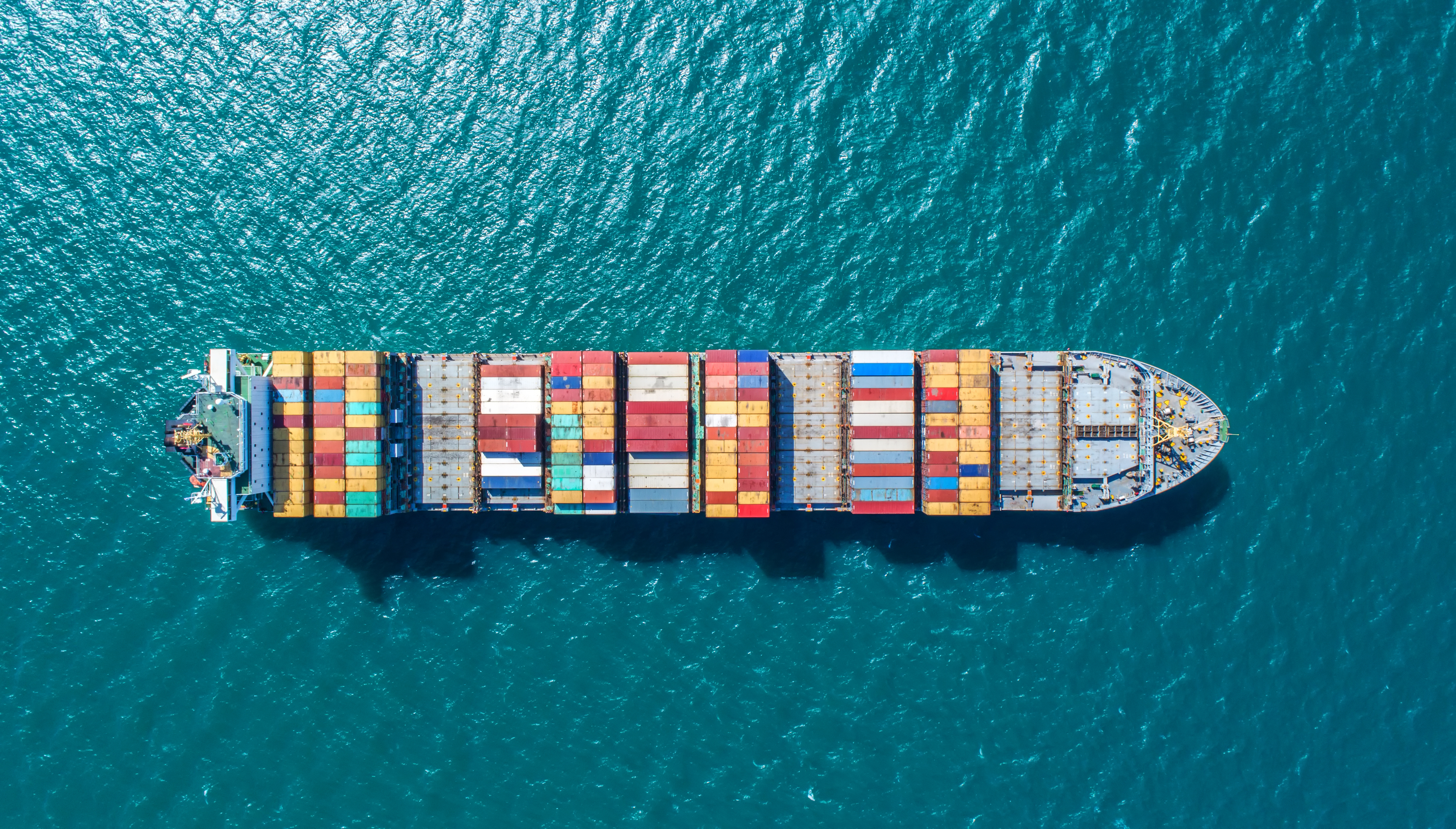TO THE MEMBERS
OIL POLLUTION IN THE UNITED STATES DRY CARGO SHIPS AND CALIFORNIA LEGISLATION
Members who trade vessels to California, (other than tankers - which already have their own requirements), should be aware of a new State law, California S.B. 1644, which came into force on 1 January 1999 and which, from 1 September 1999, will prohibit the operation of non-tank vessels of 300 grt or more in the marine waters of California, unless the owner or operator has an oil spill contingency plan approved by the administrator of the California Office of Spill Prevention and Response (OSPR). For the purpose of this law, the marine waters of the State are understood to be those within the three mile limit.
The main requirements of the contingency plan indicated in the new law are that it should:
Be in writing, be reviewed for feasibility, be consistent with state and area contingency plans, and not be in conflict with the national contingency plan.
Identify a qualified individual (QI) located in the U.S. and available on a 24 hour basis, who is fluent in English and has full authority to implement the vessel operators' contingency plan.
Provide procedures for reporting oil spills to local, state and federal agencies, and demonstrate shipboard training of personnel in notification procedure.
Establish a specific chain of command and specify the overall responsibilities of crew, supervisorial, contract, and volunteer personnel.
Identify lines of communication between the vessel, on scene commanders, response teams and local, state and federal response organisations.
Provide evidence of a contract with a spill response organisation to meet in a timely and effective way the "reasonable worst case spill" (as defined by the statute).
Provide procedures for management of the resources to be used in response to an oil spill.
Provide evidence of compliance with the ISM code as applicable.
Identify an agent for service of process in California who is designated to receive legal documents on behalf of the plan holder.
Plans may be prepared for an individual vessel, or on a fleet basis for several vessels which transit substantially the same route, or on a 'state-wide' basis if prepared (in accordance with relevant provisions) by a non-profit maritime association or non-profit corporation.
The publication of draft implementing regulations for the new law is expected imminently. There will then be a period of public consultation before the regulations are finalised. Until the new regulations are finalised there will remain some uncertainty as to the detail of what compliance arrangements are permitted and what are most effective.
The Managers maintain regular contact with providers of contingency planning and spill management services, and have held discussions with providers of spill response services in order to prepare arrangements to assist owners of dry cargo ships, both in relation to the specific California response requirements and in relation to spill liabilities generally in the United States. Further information will be provided in due course, when the effect of the implementing regulations is clear.
Members should also note that the new California law requires the owner or operator of a non-tank vessel subject to the contingency planning requirement to obtain, from the administrator of the OSPR, a certificate of financial responsibility for $300 million to cover damages caused by a spill. The effective date for this requirement is not expected to be before June 1999 at the earliest, and may be later. It is hoped that Members will be able to obtain a California certificate of financial responsibility from OSPR by producing a copy of their P&I Club certificate of entry.




